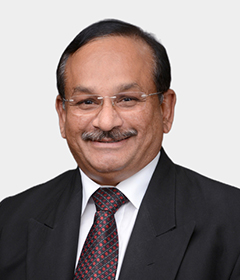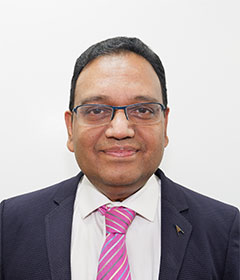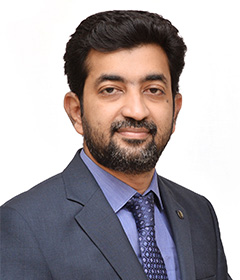MRgFUS in India
MRgFUS Treatment in India
MRgFUS stands for Magnetic Resonance-guided Focused Ultrasound Surgery. It’s a non-invasive medical procedure that combines two technologies: magnetic resonance imaging (MRI) and focused ultrasound (FUS). MRgFUS combines the power of Magnetic Resonance Imaging (MRI) and Focused Ultrasound (FUS) to deliver targeted therapy without surgery or incisions. This advanced technology allows for precise treatment of tumors, neurological disorders, and chronic pain conditions with minimal risk and faster recovery times.







